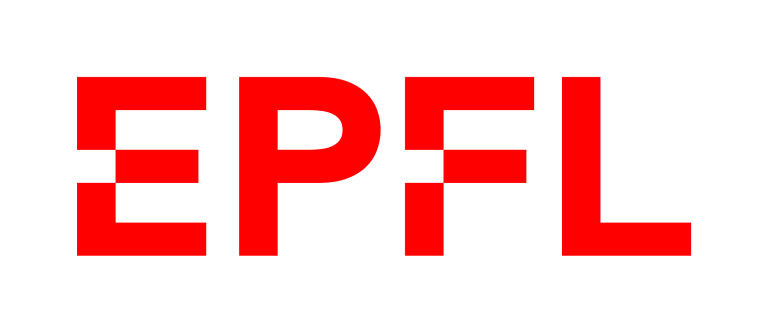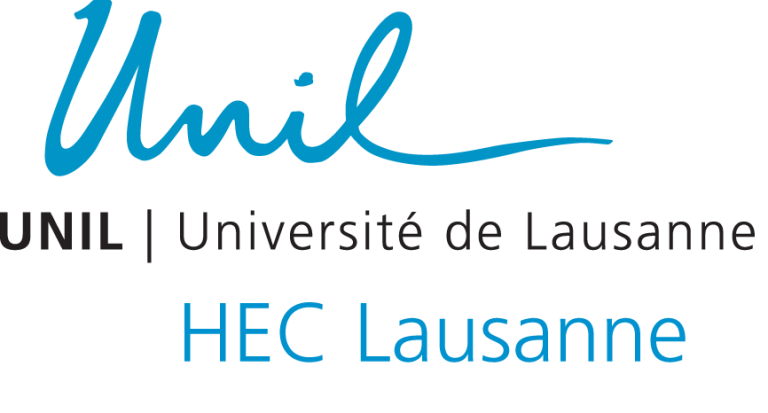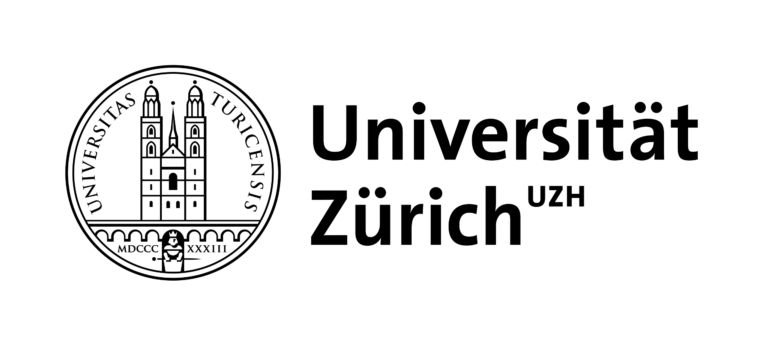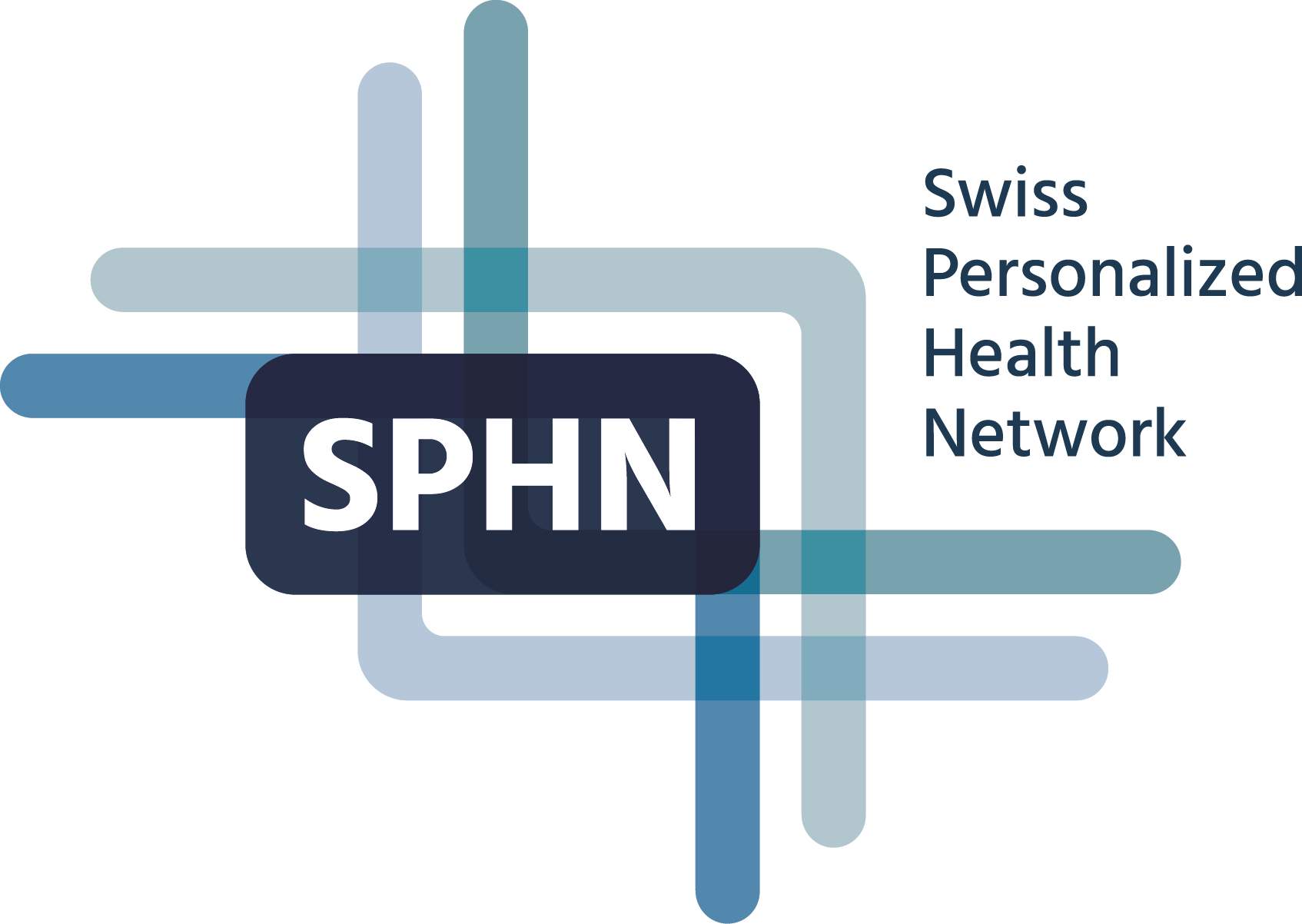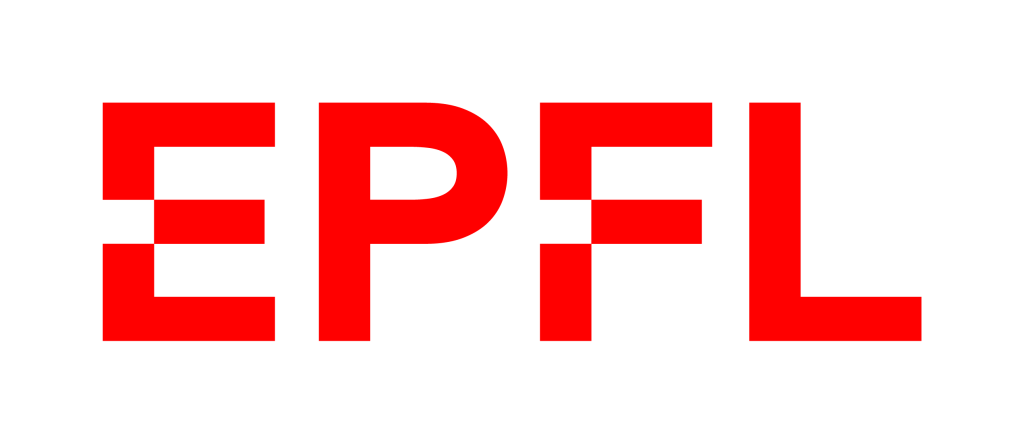Swiss Personalized Oncology National Data Stream (SPO-NDS)
Short Summary
Cancer is a complex disease. Not only are there different types of cancer, breast, lung, prostate etc., but within those types there are many different sub-forms of each disease. Treatment of cancer is therefore not a “one size fits all”.
In recent years, important developments in the field of oncology point to the significance of tailoring cancer therapies to individual patients. This allows to find the most effective therapy with the least toxicity for each cancer patient, based on a detailed scientific understanding of the disease of each individual. Such a personalized approach shows great potential at improving patients’ health.
Goals
The Swiss Personalized Oncology National Data Stream (SPO-NDS) project is designed with two primary objectives in mind: First, to harmonize and integrate previously gathered clinical and molecular data from a vast cohort of cancer patients treated across all university hospitals in Switzerland. Second, the project aims to utilize cutting-edge diagnostic techniques in the analysis of biopsies of patients who agreed to be part of the study. The goal is to identify predictive biomarkers and actionable treatment pathways. The ultimate goal is to couple the knowledge derived from these two distinct data sources so that personalized treatment recommendations are available within the framework of the expert national medical board, technically known as the national molecular tumor board.
The SPO-NDS project represents thus a pioneering proof of concept towards a nationwide strategy for personalized oncology.
Significance
This national effort for personalized oncology coupling vast harmonized clinical data and molecular and functional characterization of individual tumors will enable research that can deliver novel and better treatment sets of rules (algorithms), advanced clinically relevant diagnostics and biomarkers for cancer patients in the future.
Background
Late-stage cancer patients may rapidly exhaust all standard therapy options. Therefore, this group of patients is particularly dependent on a personalized diagnosis and therapy. A treatment with only 20% efficacy results in 100% benefit in a subgroup, as soon as one can identify the responding patients.
To further advance research on personalized oncology, all oncology healthcare providers as well as scientists developing cutting edge diagnostic tools need to join forces and coordinate access to standardized data on diagnoses, treatments and outcomes regarding cancer patients.
During phase 1 of what was previously known as Swiss Personalized Oncology Driver project, we managed to harmonize and structure data that were dispersed in hospital systems and thereby achieved nation-wide interoperability of clinical and laboratory cancer patients’ data. We also created a national molecular tumor board where a panel of experts from all over Switzerland discuss complex cancer patient cases. The board played an important role in defining nation-wide procedures for collecting clinical and molecular data as well as in finding common ways of analyzing and interpreting them.
In the current phase 2 of the project, now called SPO-NDS, we build up on phase I and, in addition, use multi-omics approaches (genome, proteome, transcriptome) in order to support treatment selection. We will use advanced technologies to analyze the molecular features of the tumor samples of the patients participating in the study and also perform drug response testing of the tumor samples in the lab. Finally, we will integrate all of the information derived from clinical and molecular analysis into one single report including personalized treatment recommendations for the tumor boards.
NDS
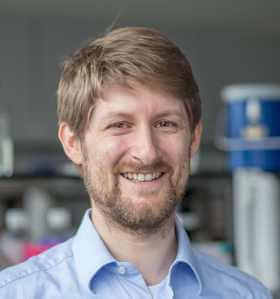
Prof. Dr. Bernd Bodenmiller
ETH Zurich
Co-Investigators
- Olivier Michielin (HUG, main applicant SPHN)
- Mohamed Bentires-Alj (UniBasel)
- Mitch Levesque (USZ)
- Andreas Wicki (USZ)
- George Coukos (CHUV)
- Berend Snijder (ETHZ)
- Bram Stieltjes (USB)
- Christian Britschgi (KSW)
- Petros Tsantoulis (HUG)
- Simon Haefliger (Inselspital)
- Nora Christina Toussaint (ETHZ)
- Patrick Ruch (HES-SO)
- Christian Lovis (UniGE/HUG)
- Gaspard Pardon (EPFL)
- Hans-Rudolf Keller (SAKK)
- Miklos Pless (SAKK)
Consortium
- SAKK
Status
In Progress
- 6th Call, NDS



